HotSpots H2O: Violence Flares in Africa’s Sahel, Intensifying Water and Sanitation Woes
Refugees collecting water in Niger. Photo courtesy of EU Civil Protection and Humanitarian Aid, Flickr.
Violence is on the rise in Africa’s Sahel region, aggravating existing water and sanitation struggles in countries where previous rounds of fighting cut access to water sources.
A surge in conflict has plagued Burkina Faso, Mali, and Niger, over the past two years. Non-state armed groups have targeted communities, schools, health centers and other infrastructure, leading to the displacement of 1.2 million people as of November 2019. More than half of the people forced from their homes are children, UNICEF reports.
Conditions in Burkina Faso deteriorated in 2019 as armed groups seized northern and eastern parts of the country. At the beginning of 2018, some 9,000 people in the country were displaced; by October 2019, an estimated 500,000 had fled their homes. Aid groups estimate that up to 900,000 people could be displaced by April 2020. Burkina Faso, as well as Mali, recorded their highest conflict-related death toll in years in 2019.
The spike in violence in Mali is a result of attacks by jihadist groups as well as quarrels between farmers and herders over land and water. In 2018, 882 civilian fatalities were recorded.
Unrest in Niger is becoming acute as well, with two of the worst-ever assaults on the country’s military occurring in the past two months. The conflict has displaced thousands, including many who recently fled Nigeria over attacks by terrorist organization Boko Haram.
The upswing in violence has crippled infrastructure in many areas, including water and sanitation systems. Healthcare has also been affected. Without adequate access to these social services, the likelihood of disease outbreaks such as diarrhea, malaria, and measles increases.
Food shortages and malnutrition are also a concern. UNICEF warns that 40,000 children in Burkina Faso face severe acute malnutrition, and thousands of civilians in other countries are grappling with food insecurity as well.
Overall, UNICEF warns that up to 5 million children in Burkina Faso, Mali, and Niger will require humanitarian assistance in 2019, compared to 4.3 million in 2019. The organization calls on armed groups to halt their attacks.
Kayla Ritter is a recent graduate of Michigan State University, where she studied International Relations and Teaching English to Speakers of Other Languages. She is currently based in Manton, Michigan. Kayla enjoys running, writing, and traveling. Contact Kayla Ritter

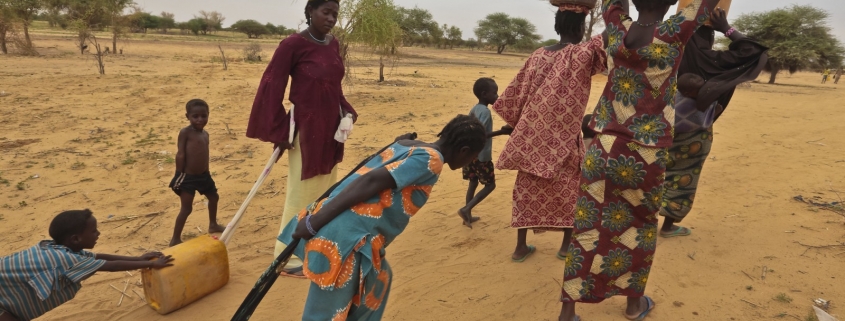
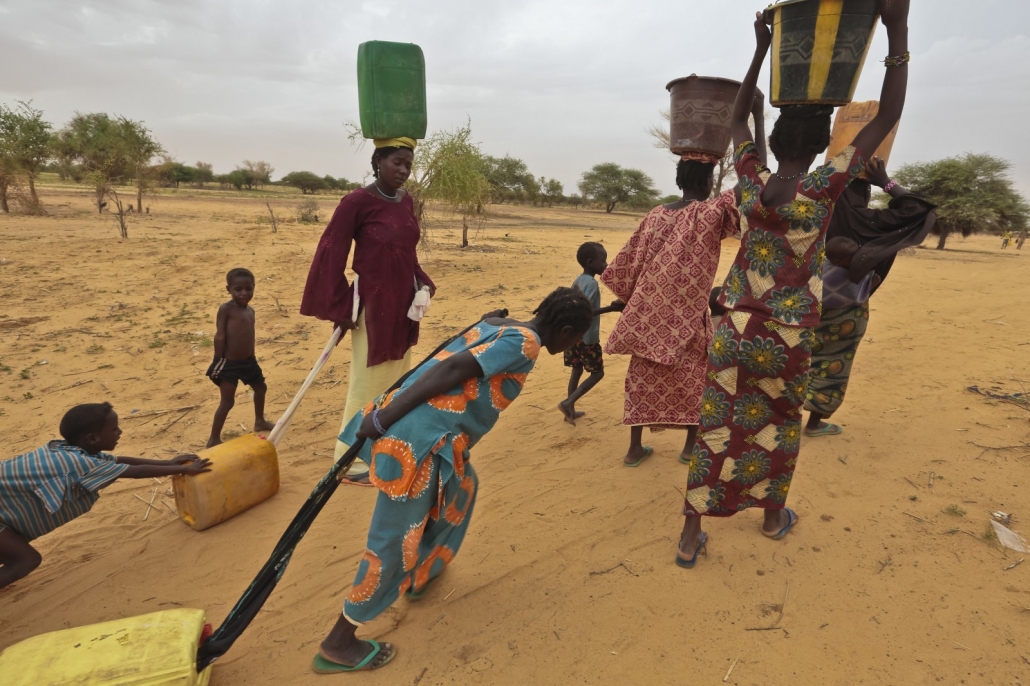

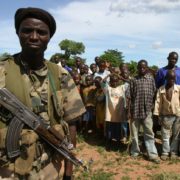
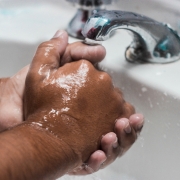


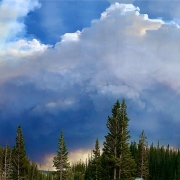
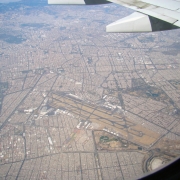



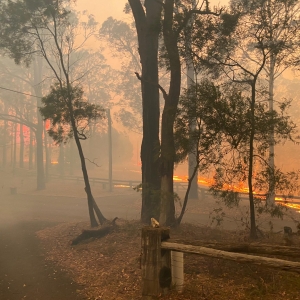
Leave a Reply
Want to join the discussion?Feel free to contribute!